Said and Done
MARCH 2020
MIT SCHOOL OF HUMANITIES, ARTS, AND SOCIAL SCIENCES
In Solidarity
Most of you are reading this email amid disruptions and uncertainties arising from the coronavirus pandemic. Across MIT, the nation, and the world, we are adjusting to working and learning remotely — and to the crucial practice of social distancing.
A public health crisis of this magnitude reminds us how essential it is to support one another with knowledge, patience, and kindness. This is a crisis that can be resolved only by acting as a community, in community, with increased awareness of how each of us affects the well-being of others.
One way the Dean's Office SHASS Communications group will help to sustain community during the coming months is by continuing our suite of publications. In addition to their usual content, they will now also include insights from MIT's humanistic faculty on aspects of the pandemic, as well as links to MIT's COVID-19 information resources. We take to heart the following words of solidarity from President Rafael Reif, and hope they will fortify you too:
"The coming weeks are likely to bring new and unpredictable difficulties, including real health consequences for people we know and love. May we all strive to keep one another close despite the unaccustomed distance and take strength in knowing that we will get through this historic challenge together."
RESEARCH NEWS
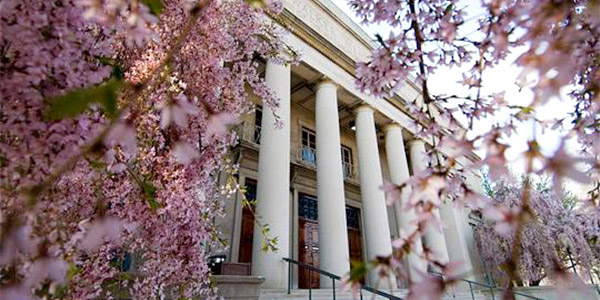
The cherry trees flanking Walker Memorial will be in bloom soon; photo by Christopher Harting
MIT GOV/LAB
How canvassing by trusted people slowed an epidemic | Tsai and Morse
Study finds that in Liberia, when many did not trust the goverment, community volunteers limited damage from Ebola by distributing information to neighbors.
Story at MIT News
ECONOMICS
The case for economics | Angrist, Ellison, Azoulay
The field is now influencing many other fields, from computer science to psychology to public health. "Economics has never been more useful," says Angrist who led the study. "It’s never been more scientific and more evidence-based.”
Story at MIT News
LABOR ECONOMICS
Why are workers getting smaller pieces of the pie? | Autor and Van Reenan
Market concentration in the form of “superstar” firms has been lowering labor’s share of GDP in recent decades, a new study finds.
Story at MIT News
HEALTH ECONOMICS
Moving beyond “defensive medicine” | Jonathan Gruber
“The point is, there’s a balance,” says Gruber. “We think of defensive medicine as playing a negative role, but it can also play a positive role.”
Story at MIT News
INSIDE THE CLASSROOM
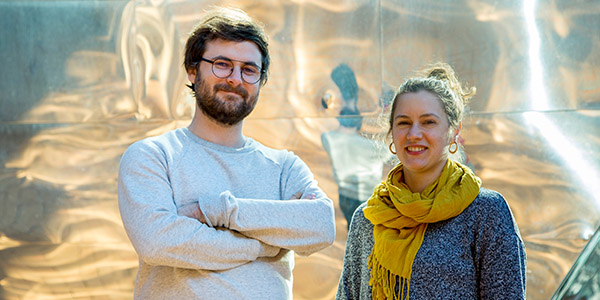
Milo Phillips-Brown and Marion Boulicault; photo by Jon Sachs
"The approach we are piloting at MIT is teaching ethics as a set of skills (or what Aristotle would call techné). If we’re going to make a difference in whether our students make things ethically and responsibly, they need ethical skills that they can apply to their own work."
Interview with Phillips-Brown and Boulicault
NEW WORKS
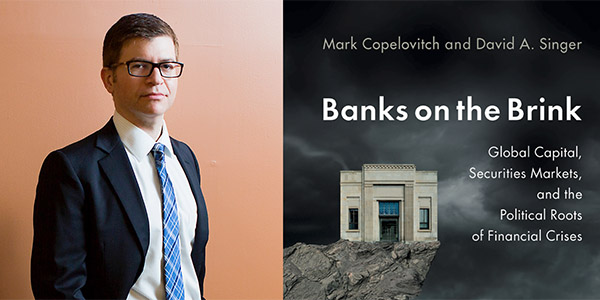
David Singer, Head, MIT Department of Political Science
POLITICAL SCIENCE
Why do banking crises occur? | David Singer
In a new book, the head of MIT Political Science, David Singer, and Mark Copelovitch find two key factors connected to financial-sector collapses around the globe.
Story by Peter Dizikes
____________________________________
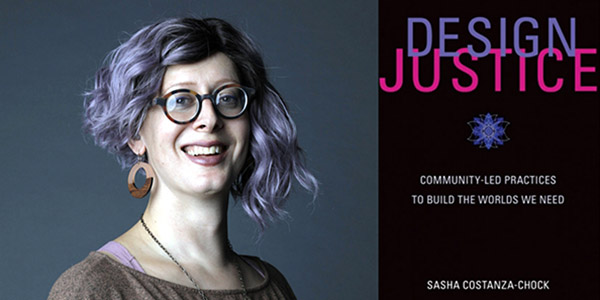
Sasha Costanza-Chock, Associate Professor, CMS/W
COMPARATIVE MEDIA STUDIES
Design, power, and justice
In Design Justice, Associate Professor Sasha Costanza-Chock provides "essential tools" for making tech and design processes more inclusive, incorporating perspectives of people who are often marginalized.
Story by Peter Dizikes
MIT RESPONSES TO THE COVID-19 VIRUS
Visit the following links for ongoing updates on MIT’s responses and plans.
Financial aid and support update for students
Financial aid FAQ for students
Update to changes on dining, student center, and DAPER programming
Updated graduate housing policies and guidelines
Social distancing, self-monitoring, and self-quarantine: A how-to guide
Scaling back on-campus research
Emergency academic regulations
MIT Medical pandemic response
Guidance for exposure or possible exposure
For all latest information, visit the MIT COVID website
FEATURE | MACVICAR FACULTY FELLOW
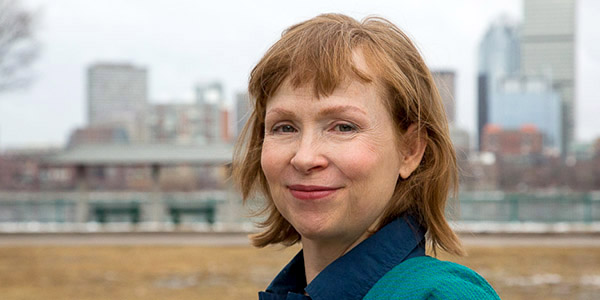
Mary Fuller, MIT Professor of Literature; photo by Jon Sachs
Mary Fuller, Professor of Literature, named a 2020 MacVicar Faculty Fellow
“Her imagination is capacious, her knowledge is deep, and students trust her, so they follow her eagerly into new and exploratory territory.” Professors Anikeeva, Tisdale, and White also receive MIT's highest honor in undergraduate teaching. Story
PODCAST | HOW AFRICA HAS BEEN MADE TO MEAN
M. Amah Edoh | On MIT OCW's Chalk Radio podcast
Africa has long been depicted in as a place of famine and dysfunction. More recently, the continent has been portrayed as the next frontier for business and artistic innovation. In this episode, Edoh, Professor of African Studies talks about how Africa, as a concept, is produced through cultural practices including music, film, theatre, and clothing.
On YouTube | Global Africa: Creative Cultures (21G.026) | Subscribe to Chalk Radio
MEET THE MIT BILINGUALS
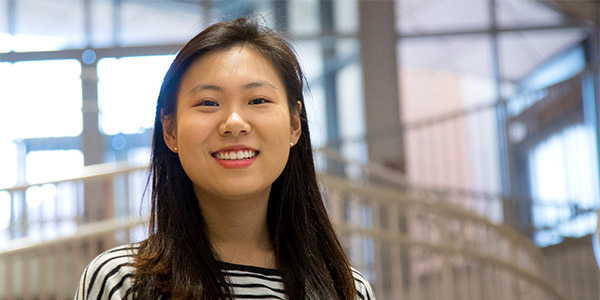
Christine Soh '20, Computer Science and Linguistics; Photo by Jon Sachs
LINGUISTICS + CS/ENGINEERING
Christine Soh '20 combines Linguistics with CS/Engineering
With majors in CS/Engineering and Linguistics Soh is prepared to make new tools in computational linguistics. Potential applications include improving speech recognition software and making machine-produced speech sound more natural.
38 MIT students selected as Burchard Scholars for 2020
The Burchard students expand their intellectual horizons and leadership skills at a series of lively dinner-seminars with MIT faculty. These 38 MIT sophomores and juniors are standouts among the many MIT undergraduates who excel in both the STEM and Humanistic fields.
Announcement
EXPLORE
Follow us
Subscribe to Said and Done
10 issues a year
Media Digest
Recent coverage
Research Impact
Impact
Ethics, Computing, and AI: Perspectives from MIT
Browse the Series
Computing and AI: Humanistic Perspectives from MIT
Browse the Series
MIT Climate website | Humanistic research
A major source of research, innovation, and discussion
Join us!
SHASS on MIT News
Research and Features
MIT Campaign for a Better World
Story | Join Us

Published by SHASS Communications
Office of the Dean, MIT School of Humanities, Arts, and Social Sciences
Editor and Designer: Emily Hiestand
Publication Associate: Alison Lanier
Published 18 March 2020




